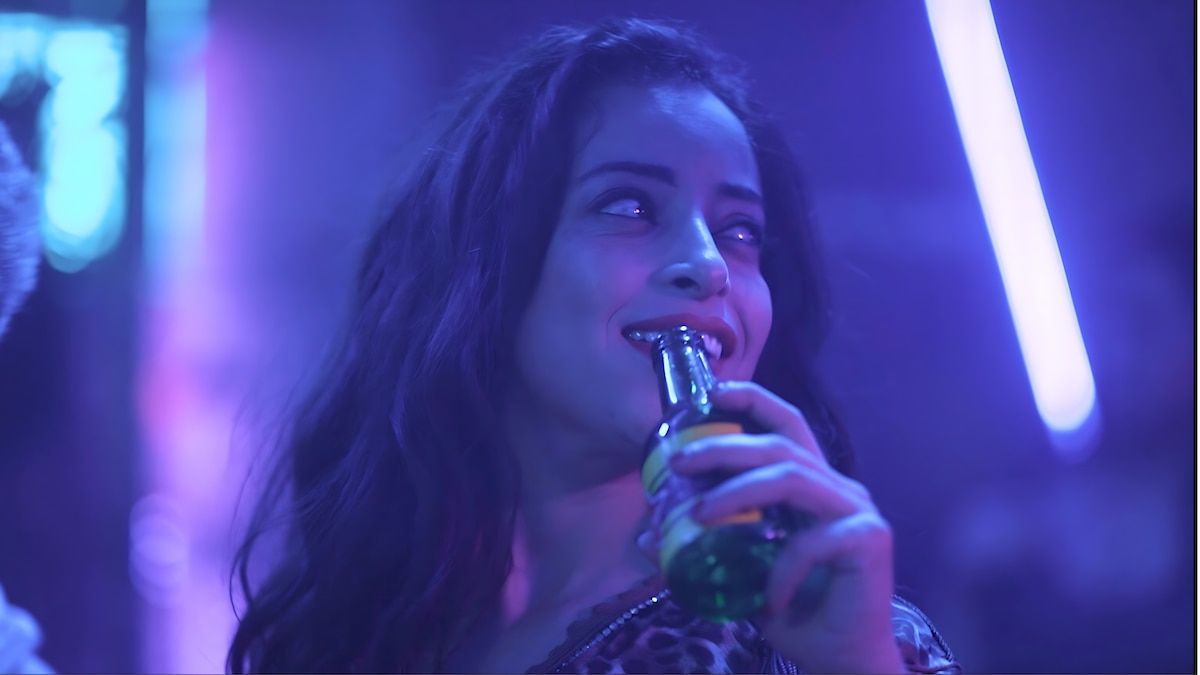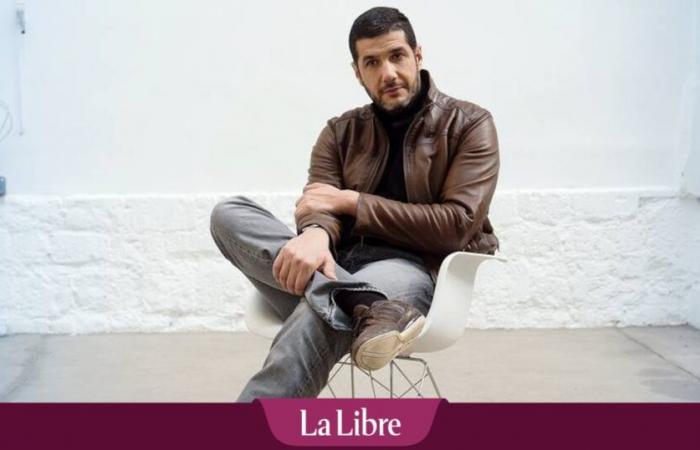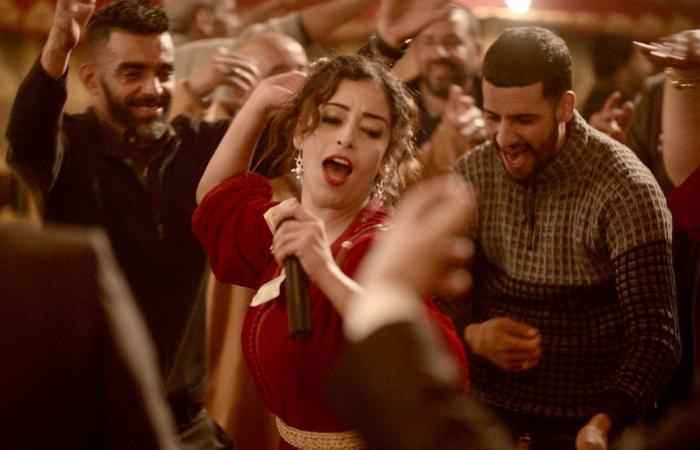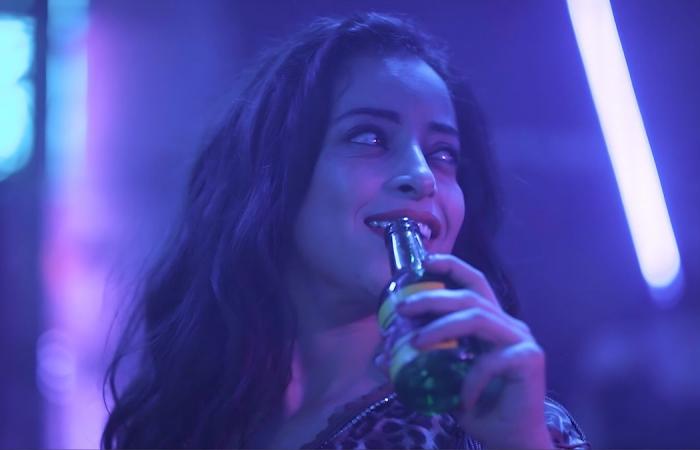After “loud and clear”this is your second film where music plays a central role…
It is true that there is a link with loud and clear. There is a link between the aita and rap, because in both cases, these are committed lyrics. In one case, we find a desire for the emancipation of youth, with music that has crossed the Atlantic to reach the Arab world. In the other, on the contrary, it is music that is very locally anchored, which is of the order of tradition. I wanted to bring it back to the forefront, to remind people who these women were, what role the cheikhas in the social and political construction of Morocco. They were heroines, spokespeople through their singing, through their music. I find that there is a form of injustice in the fact that their image has been transformed over the ages and that they are considered today as they are.
gullI wanted to make this film to remind people that sheikhas are true artists.
What do these “sheikhas” represent in Morocco?
THE cheikhas are part of our DNA. They are everywhere, at every party. We call them for weddings, baptisms, private parties. There aitait is a multi-handed writing in the villages of the Safi region, below Marrakech. From these coastal plains, this then moved to the Atlas Mountains, where it became a Berber aita. In the 1950s, 1960s, 1970s, with the help of poverty, they moved to big cities, where they had to sing in cabarets, bars, night spots, where alcohol and money circulated. And there, their image was completely transformed. We saw them more like prostitutes. And the word “sheikha” has almost become an insult. And that’s the ambiguity of this relationship that we have in Morocco with these women. They are adored, adored and, at the same time, they can be hated, abhorred, because they represent a form of emancipation, of independence, because they dared to come and sing in places where women should not occur. And where they are asked to sing registers other than the aïta. I wanted to make this film to give them back their status and remind us who they are: true artists.
This ambivalence is summed up in the very harsh opening scene, where we go from singing, from partying to the horror of rape…
Yes. Their life is always on a sort of crest. We want to hear these women sing. We would like to consider them as artists, but there is the body in movement, there is desire. Above all, and this is also the subversive side of their songs, they were the first to sing about the body, desire, liberation. They therefore also become objects of consumption for men. Every day, they are confronted with this banal, ordinary violence, as most of them confided to me. With, above all, the obligation to leave the next day, as if nothing had happened. This is ultimately, I think, what is hardest and what challenged me the most when hearing their life story.
“Loud and strong”: Nabil Ayouch delivers a vibrant film, thanks to the energy of the youth of Casablanca
The film ends with a long sequence shot, where we move from dream to reality. Where Touda’s face laughs and cries at the same time. How did you prepare this scene with your actress Nisrin Erradi?
I told him that I envisioned this plan as a big move and that it was going to be very complex. Indeed, it’s a sequence shot that lasts almost eight minutes. It starts with a long shot of a car door, then we follow her across the street, to a hotel, then an elevator, which takes us up 37 floors, then a sparkling staircase which takes her towards the light, the backstage, the stage… I wanted to construct this shot as a single movement, to allow him to experience this emotion in continuity, without cutting it, and, above all, to bring us to what would be the end of the film, this descent. There, I am very close to her and I asked her to express to me all the complexity of the life journey of these women. The film is built around this complexity, this desire for emancipation, this desire to be seen and recognized as an artist, and at the same time to always be brought back to the bottom of the social ladder. Including in places frequented by the most upscale people, supposed to be the most educated and who, however, behave like they do in the lowlands. What this shot expresses is both Touda’s dreams, his hopes, the loss of an illusion, but also his way of saying no. To say: “I want to remain dignified!” This is all we see on his face during the descent.
With “Adam”, Maryam Touzani signs a sensitive first feature film on the condition of women in Morocco
How did Nisrin Erradi learn traditional singing?
She had to learn to be credible. The advantage of not having done casting is that we had time. For a year and a half, she was coached by the greatest cheikhas from Morocco, on singing, dancing, rhythm. But she also had to learn to move like them, to express herself like them. They have their own language, “raus”, which allows them to be understood only among themselves…
Alcohol is omnipresent in the film. What relationship does Morocco have with alcohol?
This is also a very ambivalent relationship. Officially, it is authorized for foreigners and prohibited for Moroccans, but it is over the counter. In theory, the law would prevent you from consuming it, but in reality, social organization allows it. It says a lot about the complexity of a country that I love passionately, also because it is very paradoxical. It is built on contradictions which entrap a population which, as a result, sometimes also finds itself in situations where it itself becomes quite schizophrenic.










